The DIY market in the Netherlands has seen considerable change since the introduction of large-format stores. “I never thought that Hornbach would become so big,” says Deuster. “And this development has been accompanied by changes to the whole concept of DIY. It is no longer what it used to be, when for economic reasons consumers began to do-it-themselves with semi-finished products such as paint and timber. Now, however, finished products are increasingly in evidence. Ranges foreign to the trade have been well received. The industry has grown up.”
Big Boss is still a straight franchise channel.
Despite the development of the large-format DIY superstores, however, Deuster still sees possibilities for small stores. “A small store of 200 m² can no longer keep up with the big players. It simply has to specialise. The focus at Hubo is on expertise. We have as a result given up certain areas and decided in favour of niche marketing. We are adapting to the needs of our customers. The basis consists of timber, paint and tools, and the other 30 per cent can be filled according to local requirements,” explains Deuster. Nevertheless, the number of Hubo stores is very slowly going down. Today’s total is 206. This is because of problems in finding a successor, since the younger generation shows little interest in the smallest size of business. As Mr Deuster explains, “Entrepreneurship had its origins in the skilled trades. That was a strong incentive. Nowadays the emphasis is on earning money and leisure pursuits. I cannot run a small store on a 38-hour week, though perhaps that will work for a largish shop, at least if I have good staff.”
Ruud Deuster, chief executive of the Netherlands HDB Group.
Hubo’s future depends on specialisation and on store location. “No DIY superstore can exist in a catchment area of less than 5 000 inhabitants, but a small store can. On the other hand, Hubo operators are not obliged to seek out the competition in Amsterdam. The advice to them is to develop their own way around their own business. There has always been a need for small shops, but at the moment there’s rather a lack of young blood. Perhaps one solution would be a cooperative organisation.”
HDB occupies a niche market…

 Menü
Menü




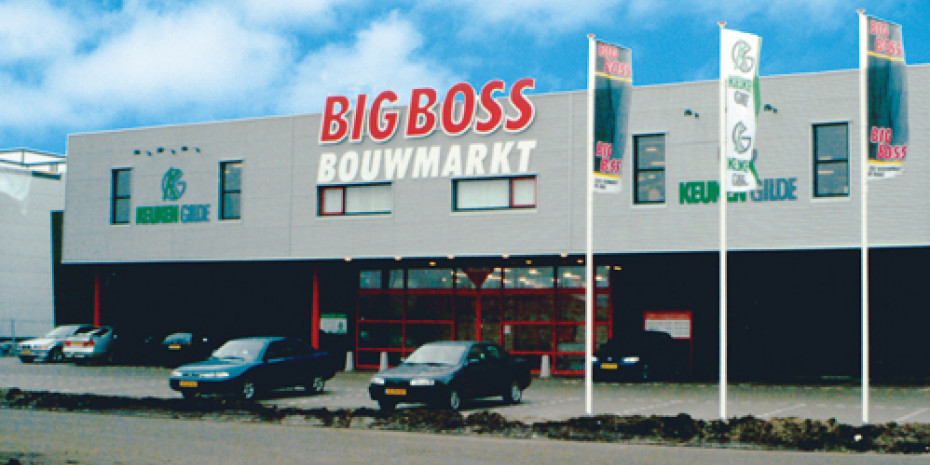


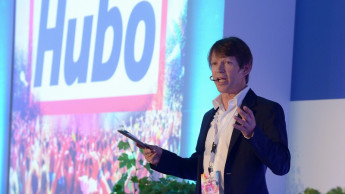




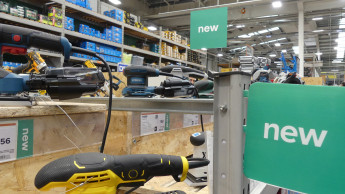
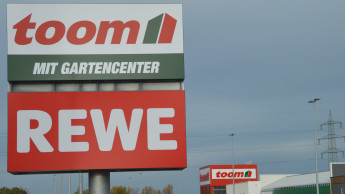
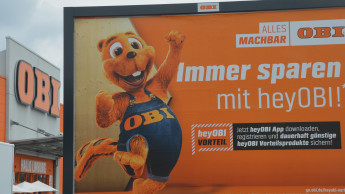
 Newsletter
Newsletter